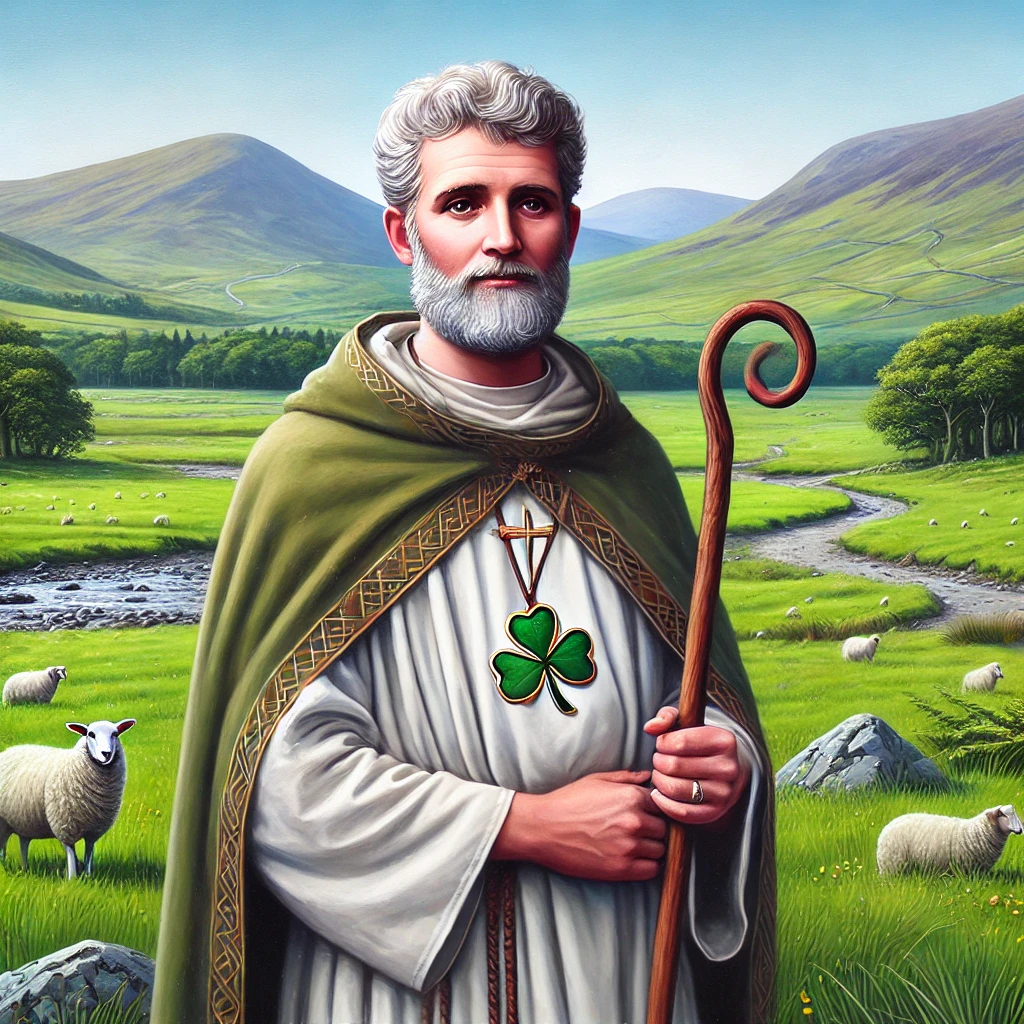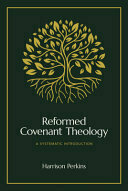
Every year on March 17, the world turns green to celebrate St. Patrick’s Day. For many, it’s a cultural holiday filled with parades, shamrocks, and festivities. But for Christians, especially those in the Reformed tradition, there is a deeper story worth reflecting on—a story of God’s sovereign grace, the power of the gospel, and the missionary zeal that should characterize the church.
Who Was St. Patrick?
St. Patrick (c. 385–461 AD) was not Irish; he was born in Roman Britain. As a teenager, he was captured by Irish raiders and sold into slavery in Ireland. He spent six years as a shepherd, during which he turned to Christ in prayer and devotion. According to his account (Confessio), he escaped after a vision led him to a ship that took him home.
Yet, after being freed, Patrick received another vision—one in which the people of Ireland called him to return and bring them the gospel. In obedience to God’s call, Patrick returned to the land of his captivity, this time as a missionary. He spent the remainder of his life preaching the gospel, planting churches, and making disciples among the Irish.
St. Patrick and the Sovereignty of God
From a Reformed perspective, Patrick’s life is a striking example of God’s providence at work. What men intended for evil—his enslavement—God used for good (Gen. 50:20). His suffering in Ireland was not wasted; it was part of God’s sovereign plan to prepare him for ministry. The Westminster Confession of Faith reminds us that “God from all eternity did, by the most wise and holy counsel of His own will, freely and unchangeably ordain whatsoever comes to pass” (WCF 3.1). Patrick’s life was a testimony to this truth.
Furthermore, his missionary work reflects the Reformed emphasis on God’s sovereign grace in salvation. Patrick did not go to Ireland trusting in human methods or cultural accommodation; he went as a herald of the gospel, calling a pagan people to repentance and faith in Christ. His ministry was biblical teaching, prayer, and disciple-making, not mere moral reform or societal change.
Patrick’s Missionary Zeal and the Great Commission
Reformed theology has always emphasized the necessity of missions. As Christ commanded in Matthew 28:19-20, we must “make disciples of all nations.” Patrick embodied this calling. He did not shrink back from preaching the gospel in a hostile land. He did not seek personal gain or comfort. He was driven by a love for Christ and a burden for the lost.
His mission also reminds us that the gospel transcends culture. The Reformed tradition rightly insists that salvation comes not through human traditions or national identities but faith in Christ alone. Patrick brought the gospel to a people steeped in paganism, trusting in the Spirit’s work to open their hearts. His success was not due to clever strategies but to the power of God’s Word and the work of the Spirit in regenerating hearts.
St. Patrick was not the legend of popular folklore but a faithful missionary who trusted in the sovereignty of God, proclaimed the gospel of grace, and labored for the salvation of the lost. His story reminds us that the call to missions is not just for the few, but for all believers in every generation. May we, like Patrick, be willing to go where God calls, confident that His Word will not return void (Isa. 55:11).
So happy St. Patrick’s Day! May this day be blessed for you and yours.
